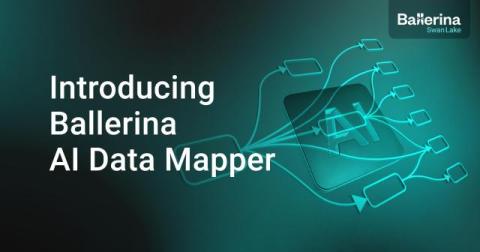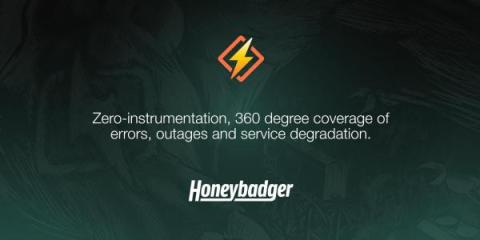Debugging in Ruby with Debug
Debugging is a valuable skill for any software engineer to have. Unfortunately, most software engineers are not trained in it. And that's not just specific to developers going through boot camps; even in universities, we are not often taught and trained to use a debugger. My teachers and mentors were more interested in getting me to write programs rather than debugging them. If we are fortunate, debugging comes at the end of the semester, in a short, last session.











